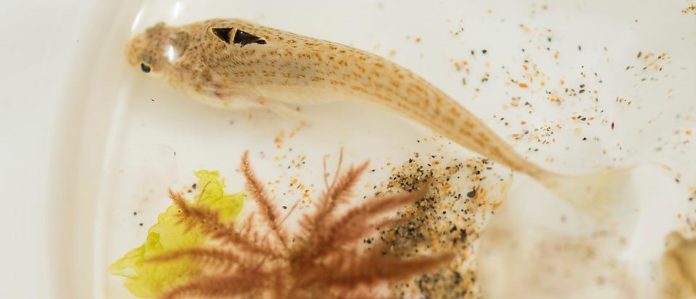Despite its small size, the weever fish features long, needle-sharp spines that will inject venom in their most frequent victims – surfers, beachgoers, swimmers, and fishermen. Mostly found in coastal regions, weever fish stings are quite common, especially during summer.
Scientists from the University of Plymouth are carrying out research on weever fish. Marine biologists and coastal scientists from the University of Plymouth are uniting to extend our insight into why weever fish have a tendency to possess certain areas, what they do in these regions, and what factors make a sting more probable.
Dr Benjamin Ciotti, Lecturer in Marine Biology, is working with students to conduct the research. He said: “Weevers are small fish with a big reputation, but we still don’t know much about them. Our students are generating valuable new insights into the ecology of the species, including what types of beaches support weever and promote stings. These notorious little fish can’t be blamed for defending themselves, but we do hope that our research will help reduce the risks of getting stung.”
Various students were involved in the study. They conducted regular sampling at 17 beaches across Devon and Cornwall, using small nets to document where the weever fish are living. Later, they matched data by using detailed physical measurements. For example, wave conditions to know how the characteristics of beaches determine the distribution of water populations.
Scientists also determined the distribution of weever populations.
Shane Griffin, who is about to start the third year of the BSc (Hons) Marine Biology program, added: “Despite a fearsome reputation with bathers and fishermen for causing painful injuries, weever fish are relatively unstudied as a group.”
“It was this lack of knowledge and the opportunity to contribute something tangible to our understanding of weever fish and their ecology that initially attracted me to the current project. The information we obtain from this study will have real practical application in helping predict when and where weever fish are most likely to occur and thereby managing our interactions with them.”
